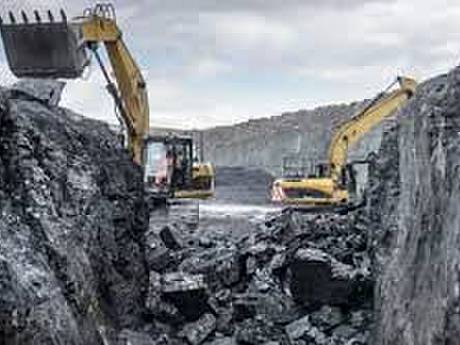
The "rare earth metals agreement," as it has already been dubbed in the media, has become just as widely discussed in international politics and in the Ukraine-U.S. dialogue as the various options for ending Russia's war against Ukraine.
Anatoliy Kinakh, President of the Ukrainian League of Industrialists and Entrepreneurs, emphasized in an interview with Ukrainian media that the agreement on mineral resources will serve as a kind of test for Ukraine—determining what kind of country it will become after the war: a raw-materials appendage of developed nations or a modern industrial and innovative economy. This is not just an economic issue but a strategic one, as it directly affects the return of millions of Ukrainians home and the creation of jobs.
According to Kinakh, any agreements regarding Ukraine’s mineral resources should be considered solely within the framework of the country’s Recovery Plan, which must be based on the principles of a modern, high-tech economy. He stressed that Ukraine’s current export structure, where 80% consists of raw materials, does not support sustainable development. Therefore, it is necessary to implement a long-term policy of processing natural resources domestically—attracting both domestic and foreign investors.
The concept of involving partners in mineral resource development was first introduced in President Volodymyr Zelenskyy's "Victory Plan." However, that plan did not clearly define the conditions for such cooperation. Ukraine must defend its own economic interests—not by exporting raw materials such as titanium sponge or lithium, but by establishing joint production of final products, such as components for the aerospace industry, batteries, and more.
Kinakh also emphasized that, according to Ukraine’s Constitution, mineral resources belong to its citizens. Moreover, a significant number of mining licenses have been issued to private companies, while information on mineral reserves is based on outdated Soviet-era data. Therefore, a key priority must be conducting modern geological exploration and auditing mineral deposits.
It is also crucial to understand that security guarantees go beyond deploying air defense systems around deposits; they also include international investments in joint manufacturing projects. Rare earth metals play a critical role in the defense industry, making their use a matter of national security. Ukraine must move away from its image as a raw-materials supplier and become an equal partner in international economic processes, strengthening both global security and its own economic potential.
Thus, cooperation with the U.S. and, in the future, with the EU in the field of rare earth mineral extraction must be based on clearly defined conditions that align with Ukraine’s strategic interests. Any agreements should account not only for short-term benefits but also for long-term prospects in developing an industrial and technologically advanced nation.